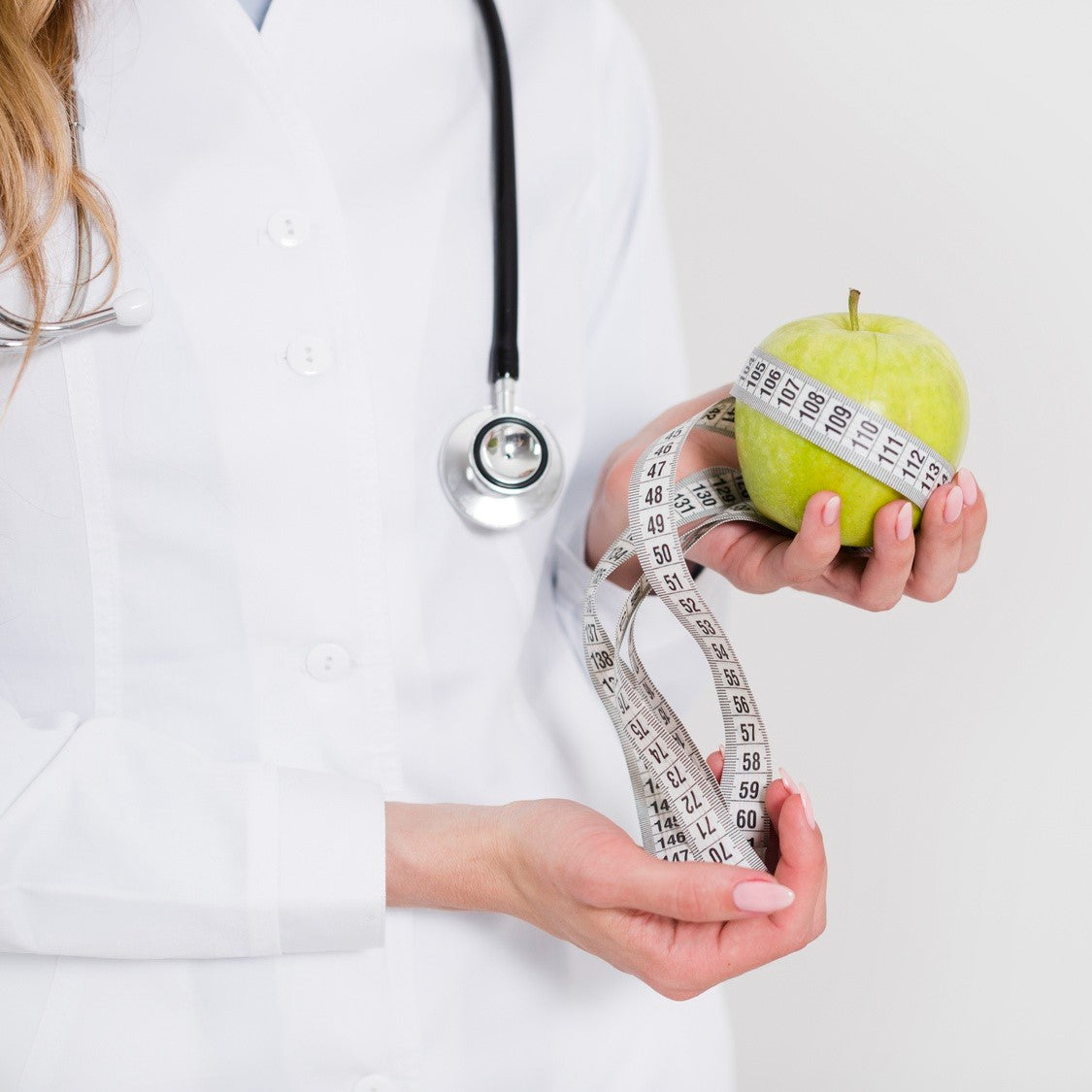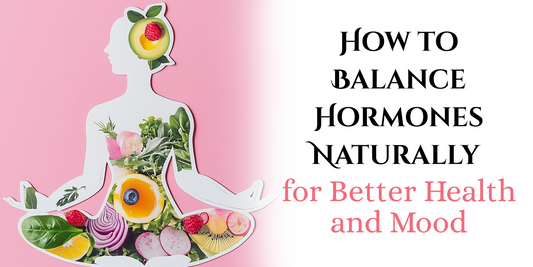How Common is it?
women in India experience some degree of PMS during periods
of Indian women go through mood swings and irritability with PMS
of women with PMS suffer from bloating and breast tenderness
of women with PMS are affected by fatigue and low energy
Want to find out more? We worked with our doctors to create this Ultimate Guide to PMS
×
Premenstrual Syndrome (PMS): Symptoms, Causes, and Treatment
Premenstrual Syndrome (PMS) is a group of physical and emotional symptoms that many women experience in the days leading up to their menstrual period. Understanding PMS and its symptoms can help you manage it effectively.What is PMS?
PMS is a collection of symptoms that occur between ovulation and the start of menstruation. It affects many women and can range from mild discomfort to more severe physical and emotional distress.How Common is PMS?
PMS is a common condition, with approximately 75% of menstruating women experiencing some form of it. The severity of symptoms varies from person to person.Causes of PMS
The exact cause of PMS is not fully understood, but several factors may contribute, including:- Hormonal Fluctuations: Changes in estrogen and progesterone levels during the menstrual cycle can trigger PMS symptoms.
- Chemical Changes in the Brain: Fluctuations in serotonin, a neurotransmitter, can lead to mood changes and other PMS symptoms.
- Stress: Emotional stress can exacerbate the symptoms of PMS.
- Poor Nutrition: Diets low in essential nutrients may make PMS symptoms worse.
Symptoms of PMS
PMS symptoms can be both physical and emotional, and they vary in intensity. Common symptoms include:- Bloating and weight gain
- Breast tenderness
- Fatigue and low energy
- Headaches or migraines
- Mood swings, irritability, or depression
- Difficulty concentrating
- Food cravings or changes in appetite
- Acne flare-ups
- Cramps and abdominal pain
Diagnosis of PMS
There is no specific test for PMS. Diagnosis is based on the recurring pattern of symptoms related to the menstrual cycle. Keeping a symptom diary for at least two to three cycles can help your healthcare provider determine if you have PMS.Treatment Options for PMS
The treatment of PMS aims to relieve symptoms. Common treatments include: Lifestyle Changes: Regular exercise, a balanced diet, and adequate sleep can help reduce the severity of PMS symptoms. Medications: Over-the-counter pain relievers, such as ibuprofen, can relieve cramps and headaches. In some cases, your doctor may recommend hormonal birth control to regulate hormonal fluctuations. Supplements: Taking calcium, magnesium, or vitamin B6 supplements may reduce symptoms in some women. Stress Management: Techniques like yoga, meditation, and deep breathing can help manage emotional symptoms of PMS.Preventing PMS Symptoms
Though PMS cannot always be prevented, certain lifestyle habits can help minimize its symptoms:- Maintain a balanced diet rich in whole grains, fruits, and vegetables.
- Exercise regularly to improve mood and overall health.
- Reduce your intake of caffeine, sugar, and salt to avoid worsening symptoms.
- Practice stress-reducing techniques such as mindfulness or yoga.





